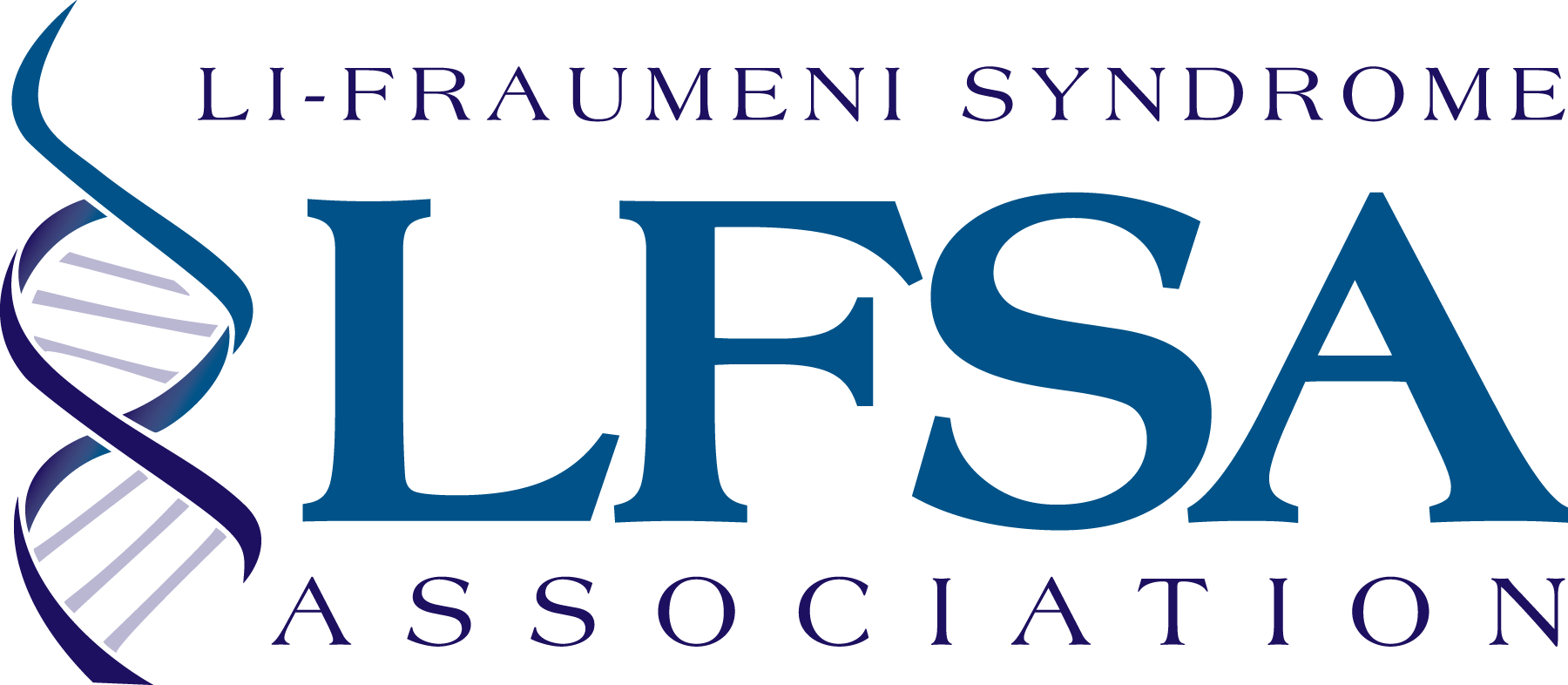My name is Marina, I am 43 years old and I discovered I have the syndrome in 2019 after my mother’s passing at the age of 65 from pancreatic cancer. After her third cancer diagnosis, she underwent genetic profiling and found out she had the syndrome. Due to her diagnosis, I underwent testing, which confirmed the mutation. And because of my diagnosis, my three children were also tested, and one of them also has the syndrome.
I undergo annual whole-body MRI, mammography, ultrasounds, colonoscopy, and endoscopy since 2019 to monitor tumor appearance. I’ve never had cancer, and there have been no significant changes in my exams. My son, also diagnosed in 2019, has been having whole-body MRI since he was 10, also with no changes.
Today, I undergo psychological counseling, haven’t had risk-reducing mastectomy, and have to deal with the emotional impact and tension of undergoing exams periodically. I’m grateful to be able to have preventive monitoring, knowing I can detect a tumor early and have a much better prognosis. Today, I have the chance my grandmother, my mother, and my aunt didn’t have to discover and treat cancer early. I was fortunate to undergo regular exams without having had cancer. I have the chance to change habits and do things to prevent cancer from emerging. I have the responsibility to give my son even more opportunities for a healthy and peaceful life. For those newly diagnosed without having had any tumors, I say that undergoing exams is very tense, but it’s essential so we can have a good prognosis when cancer arises.
For those who received the diagnosis while already undergoing treatment for cancer, I wish for the treatment to be effective and for their children/siblings, genetically connected to them, to undergo diagnostic testing and receive emotional support. In any case, I think psychological counseling focused on understanding the syndrome, preparing for exams, and treatment/prevention possibilities is fundamental. Seek out support groups for syndrome carriers. In the beginning, dealing with all the information might seem very lonely. The syndrome is not a death sentence; the diagnosis is an opportunity for life.


